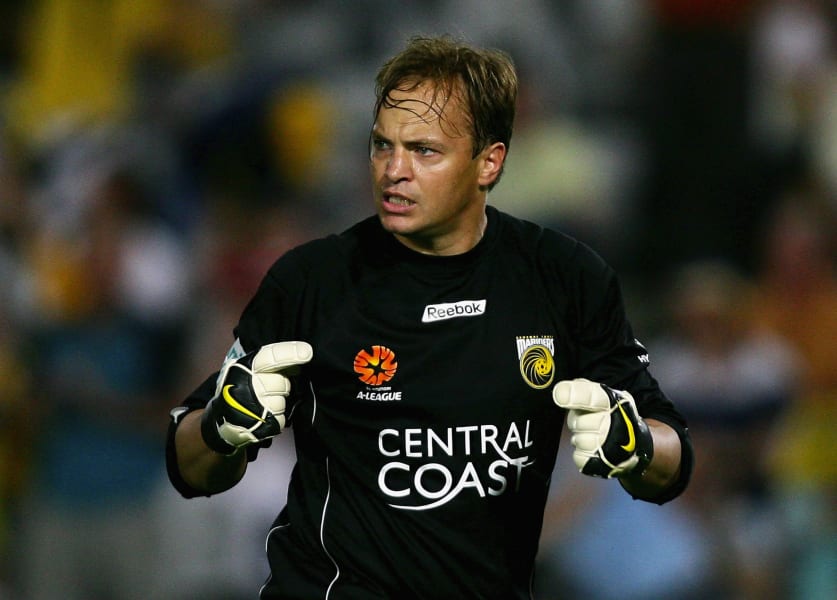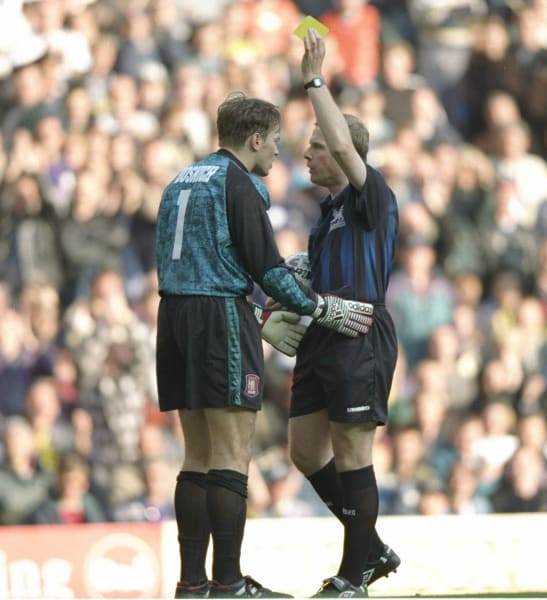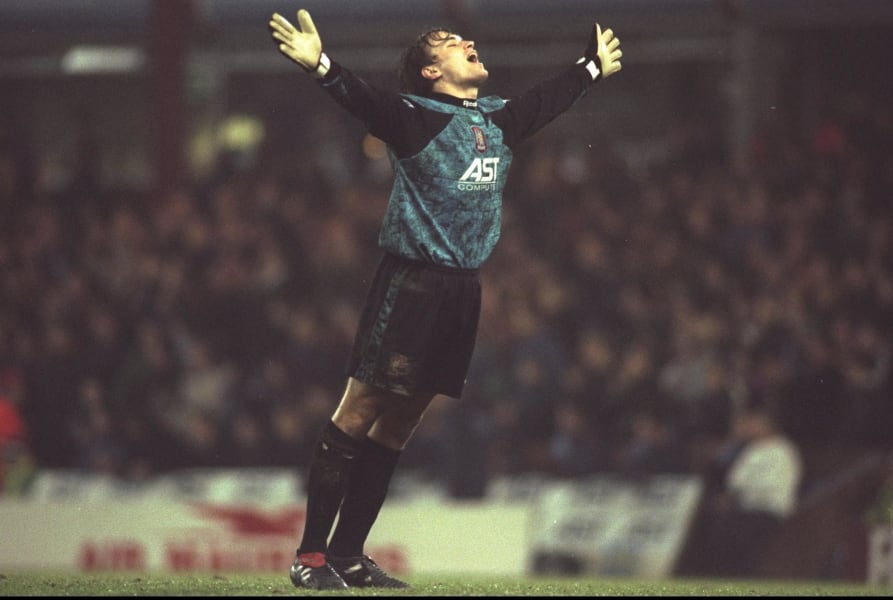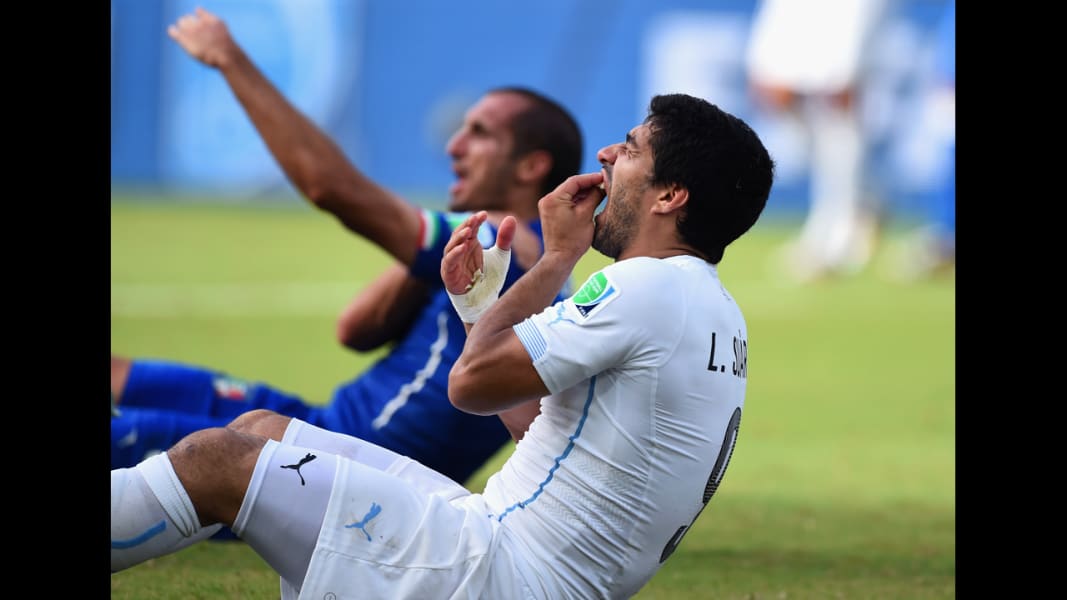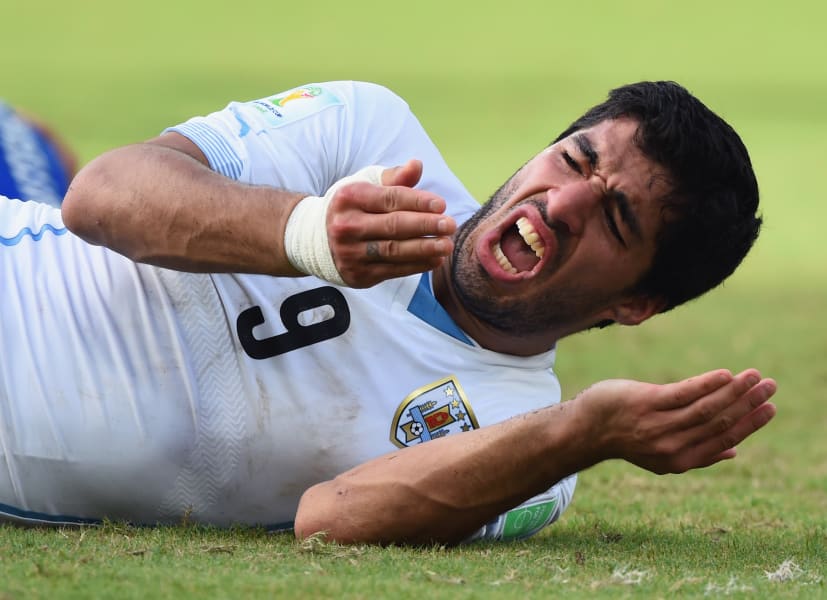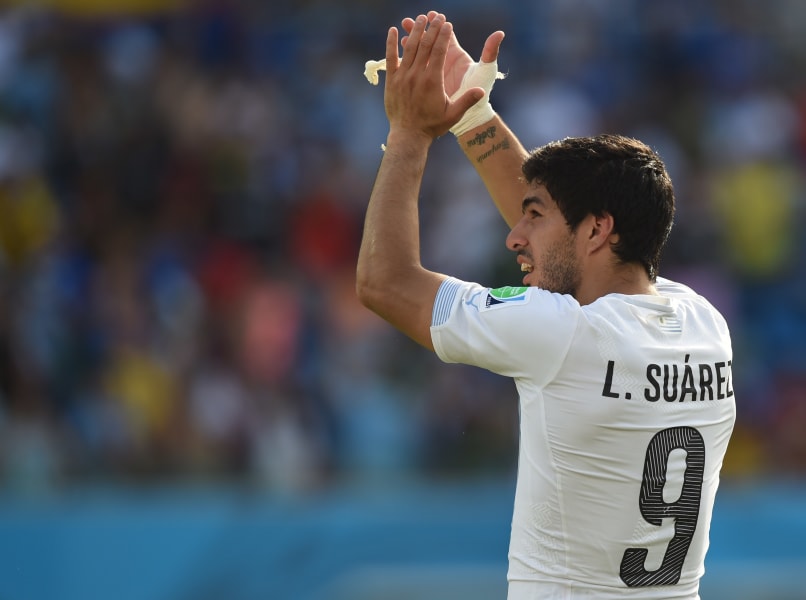Share


1 of 11
Luis Suarez returns to club football this weekend after serving out a controversial four-month ban. David Ramos/Getty Images
The Uruguayan was hit with the lengthy suspension by FIFA, football's governing body, after being found guilty of biting Italy's Giorgio Chiellini at this year's World Cup finals in Brazil. Matthias Hangst/Getty Images
The initial decree that prevented Suarez from "all football competition" or even stepping inside a stadium was reduced on appeal to allow him to train with his teammates and play in friendlies. Matthias Hangst/Getty Images
Suarez could hardly have chosen a more dramatic time to make his comeback as his new side Barcelona faces bitter rival Real Madrid in this season's first "El Clasico" league clash. David Ramos/Getty Images
Suarez has vowed never to bite again but has a long rap sheet of misdemeanors on the football pitch. He has already served bans for biting opponents in 2010 and 2013 while at Ajax and Liverpool respectively. ANDREW YATES/AFP/Getty Images
A high-profile incident in 2011 also saw the former Liverpool talisman suspended for eight matches for racially abusing Patrice Evra, then of Manchester United. AFP/Getty Images
According to some experts, how players react when hit with lengthy suspensions can vary between recovery and meltdown. QUIQUE GARCIA/AFP/Getty Images
Stephen Smith, chief psychologist for Sports Psychology Ltd., says isolating misbehaving sports stars with suspensions like those handed down to Suarez can be counterproductive and discourage rehabilitation in some instances when not supplemented with relevant treatment or counseling. JAVIER SORIANO/AFP/Getty Images
Former Chelsea goalkeeper Mark Bosnich was banned by England's Football Association in 2002 for nine months after testing positive for cocaine. Bosnich describes this period as the time he "went completely off the rails." Matt King/Getty Images
Bosnich ended up in rehab a matter of months later after developing a drug habit. Ben Radford/Allsport/file
Bosnich argues that the best therapy possible for misbehaving players is to maintain the structure in their lives, ensure family and professional support is always available and, if possible, to keep on playing and training. Ross Kinnaird/Getty Images
